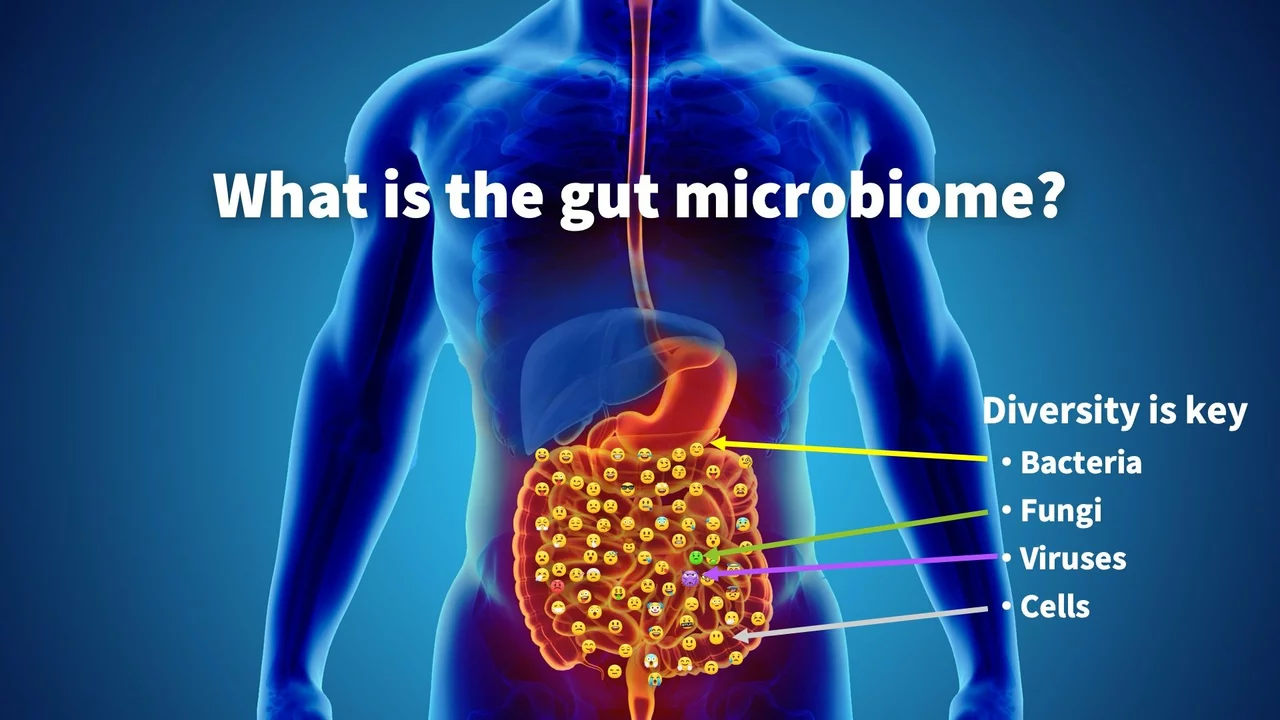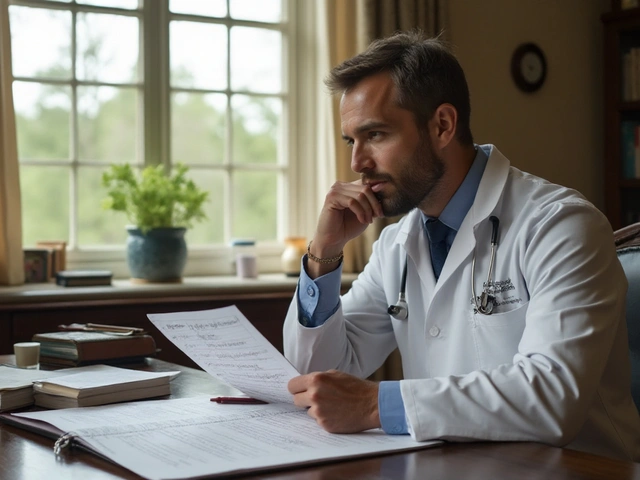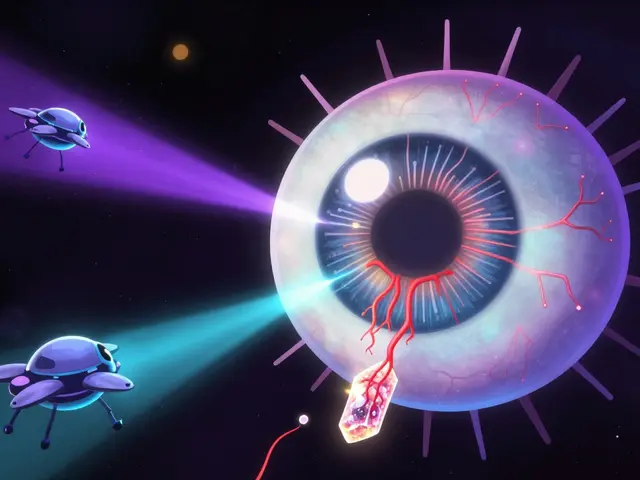Meal and Meds: Simple Rules to Take Your Medicine Right
Food can change how a drug works. Sometimes a meal helps a pill absorb better. Other times food blocks the effect or causes side effects. Knowing a few clear rules cuts confusion and keeps your meds effective.
Quick rules you can use today
Read the label and follow your doctor or pharmacist first. If a medicine says "with food," take it during or right after a meal to reduce stomach upset or improve absorption. If it says "on an empty stomach," take it at least 1 hour before or 2 hours after eating. For drugs labeled "take with a full glass of water," do that — water helps the pill move and lowers irritation.
Don’t crush or split extended-release or enteric-coated pills. Those are designed to release slowly or to avoid stomach acid. Crushing them can make you get too much drug at once or cause stomach pain.
Common examples and practical tips
Antibiotics: Some, like cefuroxime axetil (Ceftin), absorb better with food. Others work fine either way. If an antibiotic makes you nauseous, take it with a light meal unless instructed not to.
Heart and blood pressure drugs: Many work regardless of meals, but a few interact with specific foods. Grapefruit and grapefruit juice are a known problem for some statins and certain blood pressure medicines — it can raise drug levels and cause side effects. Ask whether grapefruit is off-limits for your prescription.
Acid blockers and PPIs: Medicines like esomeprazole usually work best taken 30–60 minutes before a meal, especially before breakfast. That timing helps block stomach acid when your stomach starts producing it.
Supplements: Iron is absorbed better on an empty stomach or with vitamin C, but it often causes stomach upset — taking it with a small amount of food can help. Calcium and fat‑soluble vitamins (A, D, E, K) need some dietary fat, so take them with a meal that contains fat. Fish oil is easier on the stomach when taken with food, too.
Pain meds and mood meds: Some antidepressants and pain medications can upset your stomach. Taking them with food often reduces nausea. Still, check the label — a few need emptier stomachs for best effect.
Timing matters for interactions: Space antacids and certain antibiotics by 2–4 hours. If you take thyroid medication, take it first thing on an empty stomach and wait 30–60 minutes before eating or taking supplements like calcium or iron.
When to call for help: If a label is unclear, you get new instructions from another doctor, or you start a new supplement, ask your pharmacist. If you notice new symptoms after changing food, stop and check with your provider.
Small checklist before taking any medicine: read the label, know if it needs food or an empty stomach, avoid grapefruit when told, don’t crush special tablets, and ask your pharmacist if unsure. These steps keep your meds working and reduce surprises from food-drug interactions.
 9 May 2023
9 May 2023
Bloating after a meal: the importance of a balanced gut microbiome
I recently explored the topic of bloating after a meal, and discovered that a balanced gut microbiome plays a crucial role in preventing this uncomfortable sensation. It turns out that the right balance of good and bad bacteria in our gut helps break down food efficiently and reduces gas production. Not only does a healthy gut microbiome aid in digestion, but it also supports our overall well-being. Incorporating probiotics and prebiotics in our diet can help maintain this delicate balance. So, the next time you feel bloated after a meal, remember to consider the importance of a balanced gut microbiome for better digestion and health.
Latest Posts
-

Top Lasix Alternatives for Managing Edema and Hypertension
-

Diabetic Retinopathy: How High Blood Sugar Damages Your Eyes and What Laser Treatment Can Do
-

Bloating after a meal: the importance of a balanced gut microbiome
-

Identify & Treat Plant‑Induced Skin Rashes - A Practical Guide
-
The Role of Hiccups in Detoxification and Cleansing

9